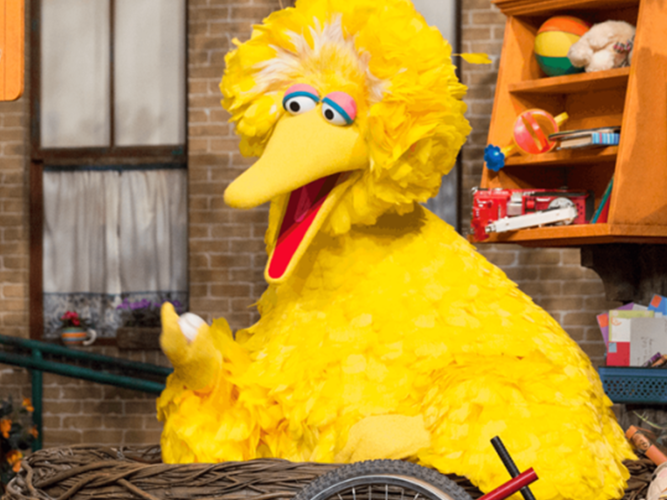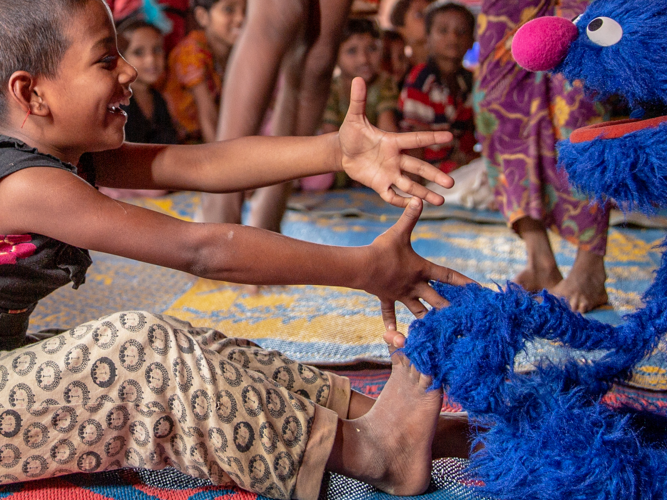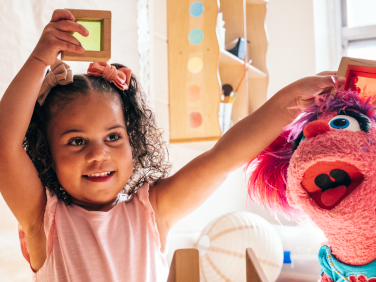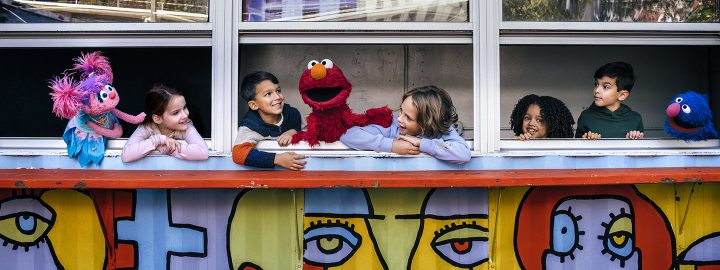

Mission Driven. Child Focused.
Helping Children Grow Smarter, Stronger, and Kinder.
Discover printables, videos, and more on topics important to your family or the families you work with.

Five Easy Ways to Get Emergency-Ready
Consider five ways to prepare for the unexpected.
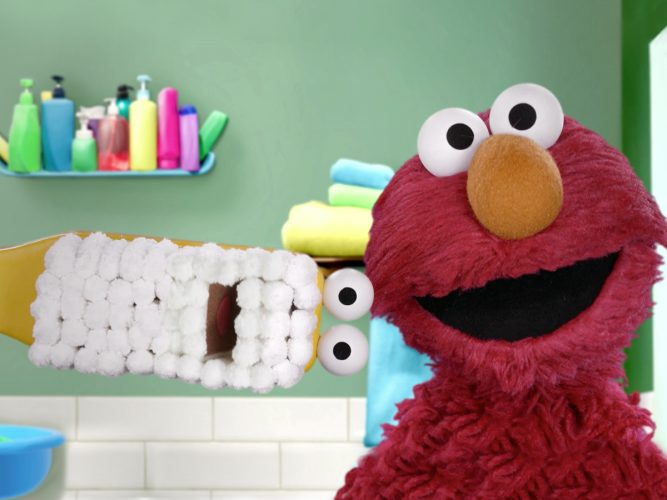
Elmo’s Toothy Dance
Groove along with Elmo and his toothy friends as they teach the steps of brushing teeth.
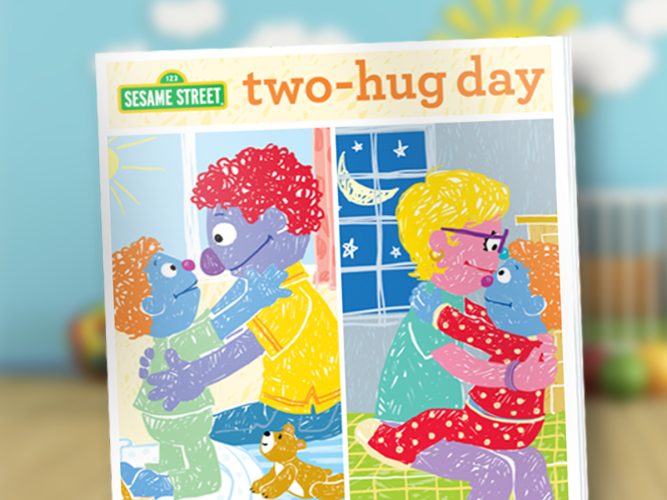
Transitioning Between Parents
Read this storybook to help your child come up with a simple routine on days they are going between homes.

Play Feeling Faces
Explore dozens of different emotions with Elmo, Oscar, and Abby!
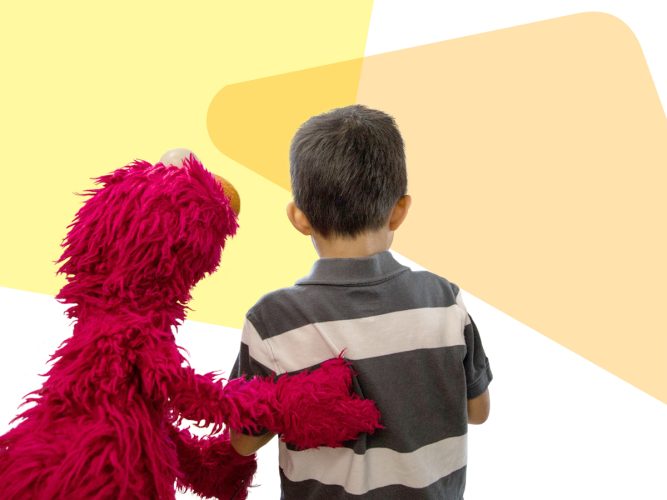
What Are Traumatic Experiences?
You have the power to help kids feel safe and learn to cope.
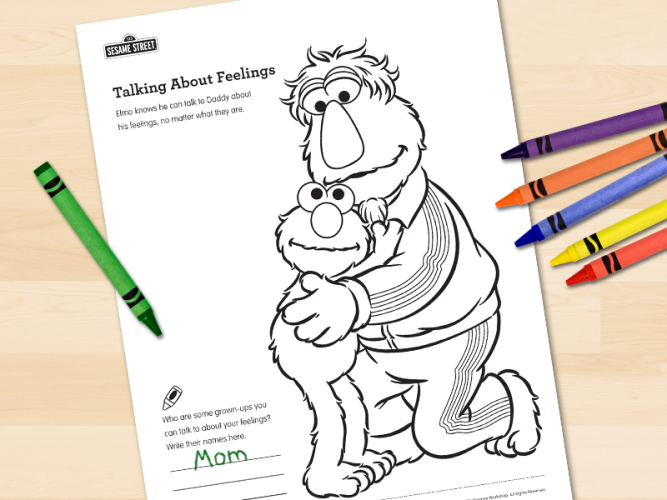
Talking About Feelings
Encourage kids to talk to grown-ups about their emotions with this coloring activity.

Brush Those Teeth
Kids can learn how to brush their teeth with hands-on play. Help our children learn good hygiene at an early age to support their habits for a lifetime.
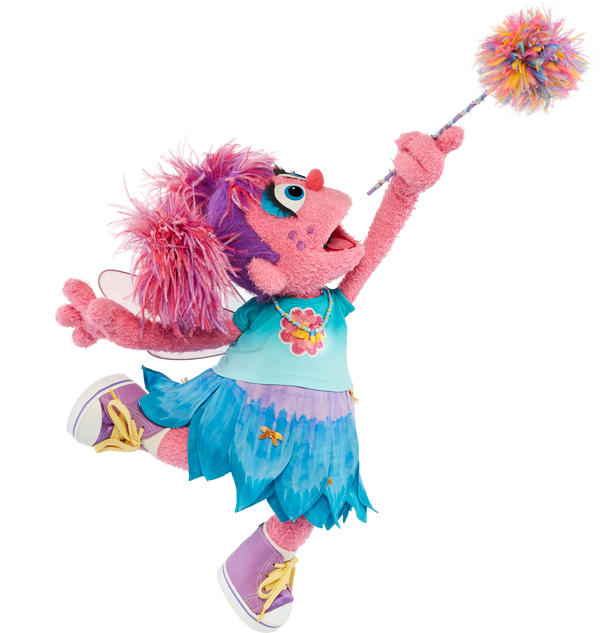
We’re the global nonprofit behind Sesame Street and so much more — a community built on belonging, where creators, educators, partners, and beloved characters come together to help children grow smarter, stronger, and kinder.
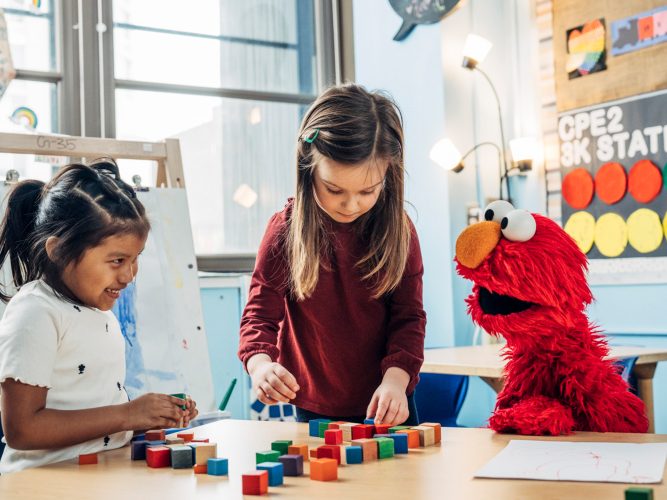
Our Latest Impact Report
We invite you to look back on 2025 at the results we achieved together.
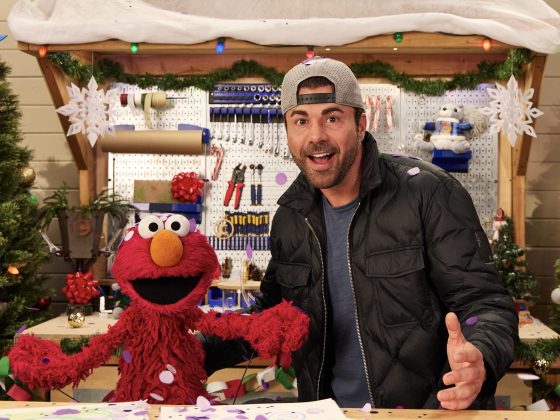
November 19, 2025
Sesame Street Friends and Mark Rober Unwrap A New Holiday Special
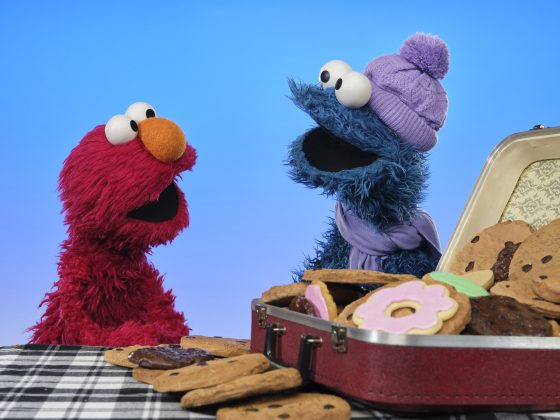
October 29, 2025
Elmo Goes to Italy! Muppets of Sesame Street Join NBCUniversal’s Coverage of Milan Cortina 2026 Winter Olympic Games
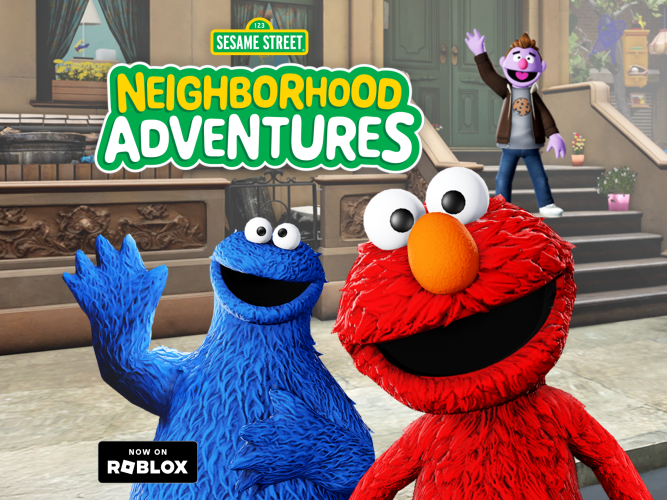
Sesame Street: Neighborhood Adventures
An Immersive Digital Experience on Roblox
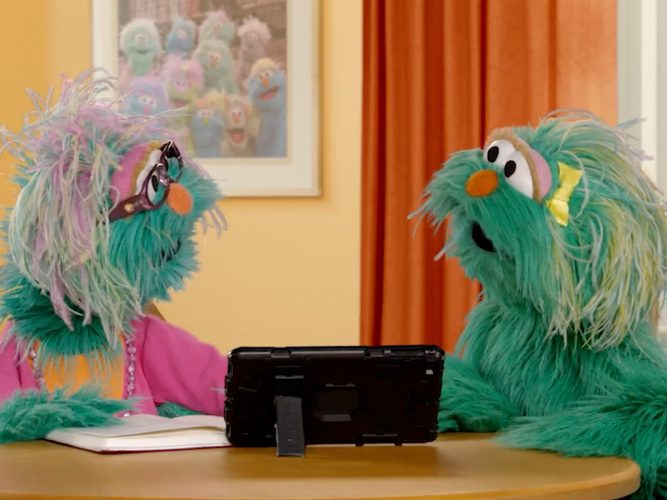
6 Habits for Using Digital Devices With Your Family (chock full of resources!)

September 25, 2025
All New “Charlotte’s Web” Three-Part Special to Premiere on HBO MAX October 2
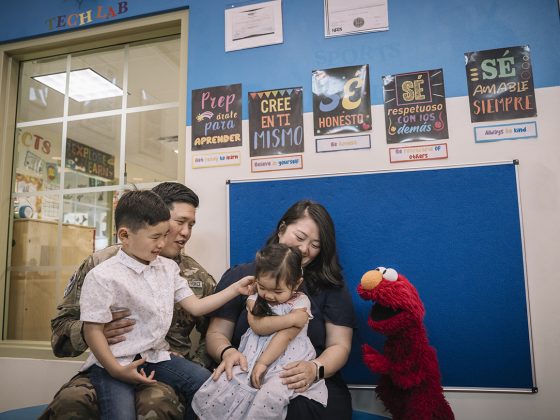
September 15, 2025
Sesame Street for Military Families Debuts New “Healthy, Happy, Ready” Digital Support Tools for Military Families
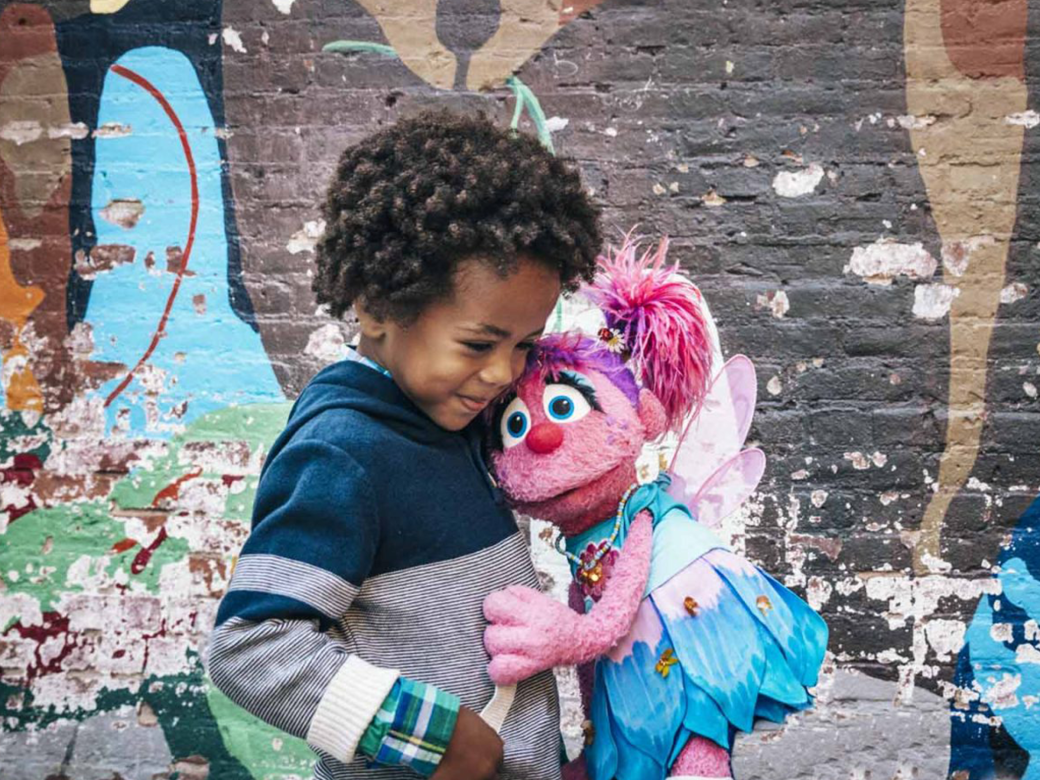
Generations of kids have grown up watching Sesame Street, but we’re much more than a beloved television show. From timely research, to classroom curricula, to large-scale social impact projects, you can find us everywhere kids and families learn and play.
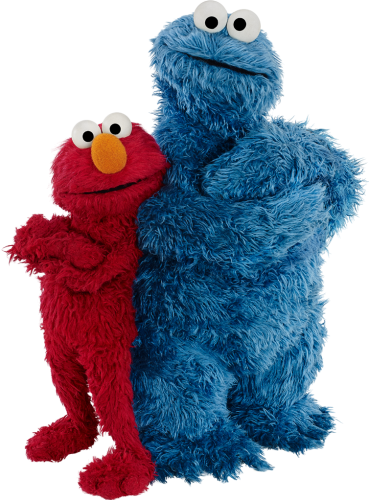
*Age 0-8
Where We Work
Sesame Workshop brings learning, laughter, and life lessons to children all over the world.

East Asia and Oceania
Sesame Workshop has a long history in East Asia and Oceania — and it’s as varied as these vast regions.

Europe
For decades, Sesame has brought joy and learning to the lives of children across Europe.
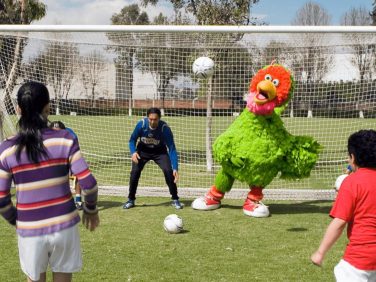
Latin America
Sesame Workshop has brought joyful learning to children in Latin America for more than 50 years.
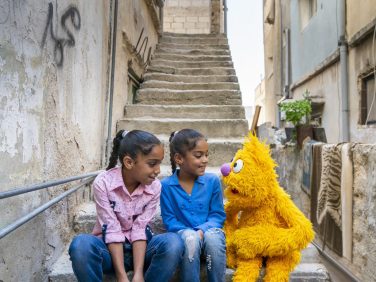
Middle East and North Africa
Using media, playful learning, and caregiver support to help children in the region learn, connect, and build resilience
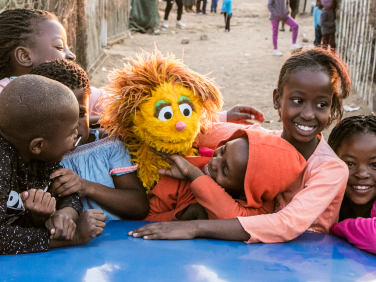
Africa
Sesame uses the power of media, partnerships, and community engagement to prepare children for a future full of opportunity.
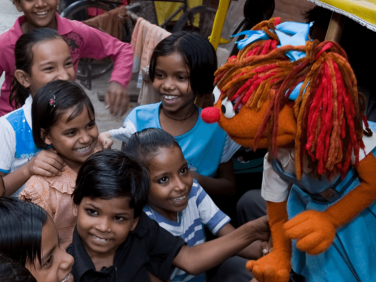
South Asia
Using the power of media and community engagement to bring playful learning and support to children across the region
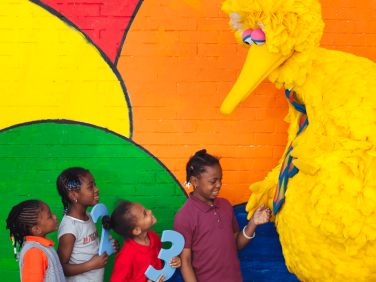
United States and Canada
From Sesame Street to classroom learning to community support, Sesame has been sweeping clouds away for over five decades.
